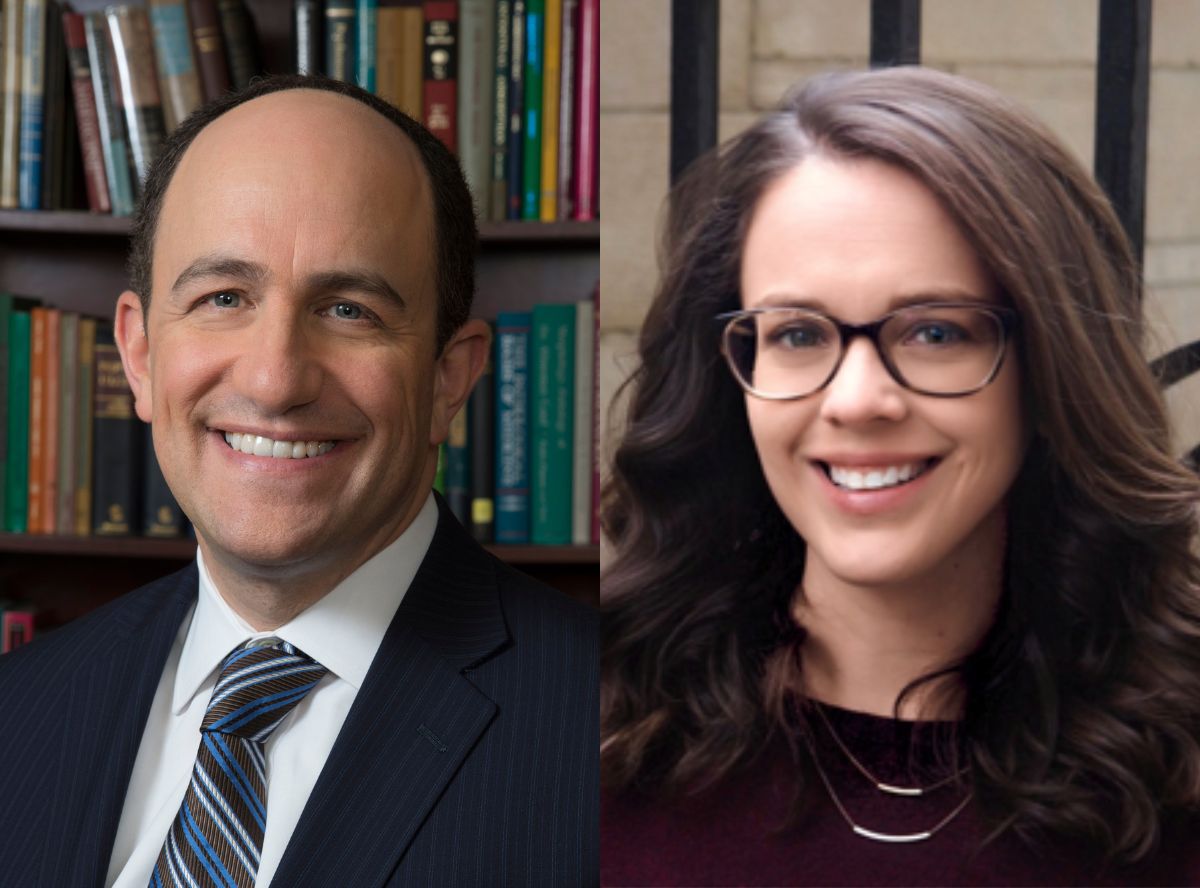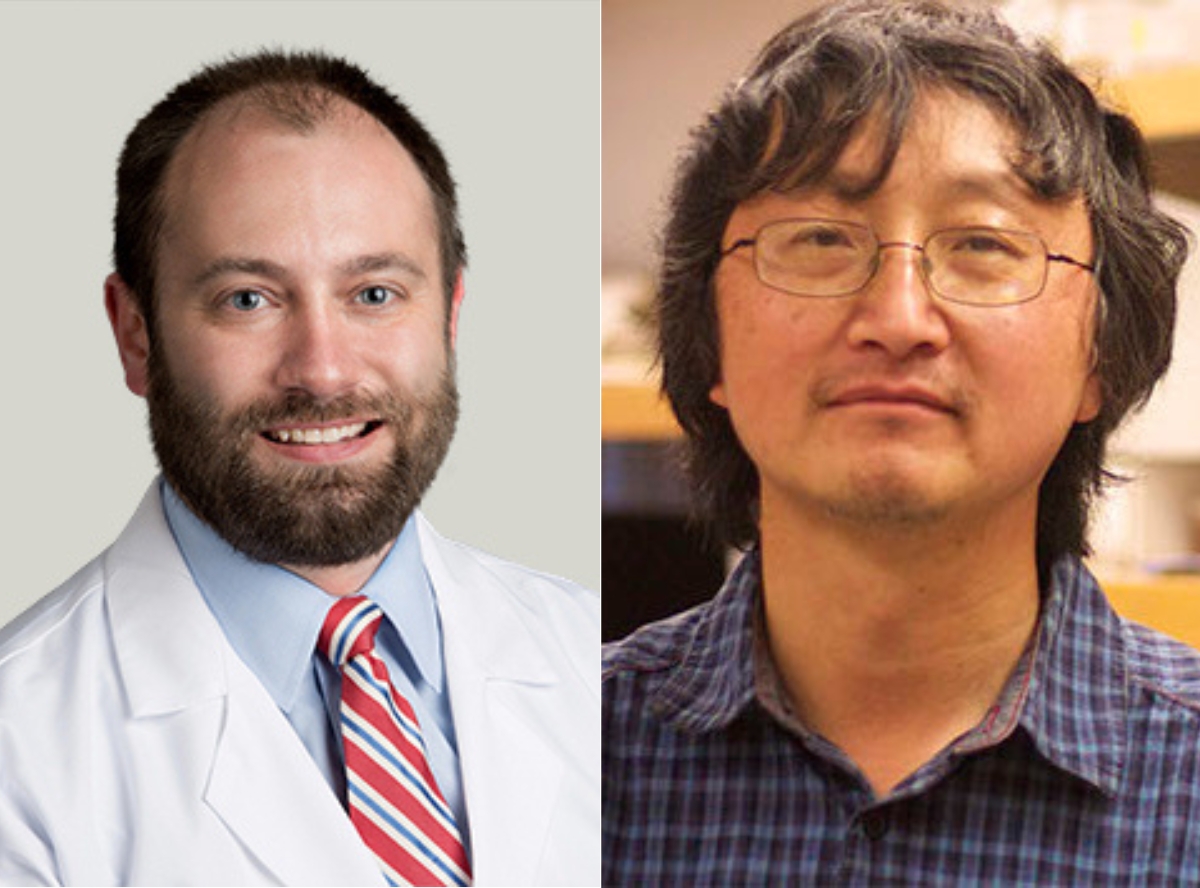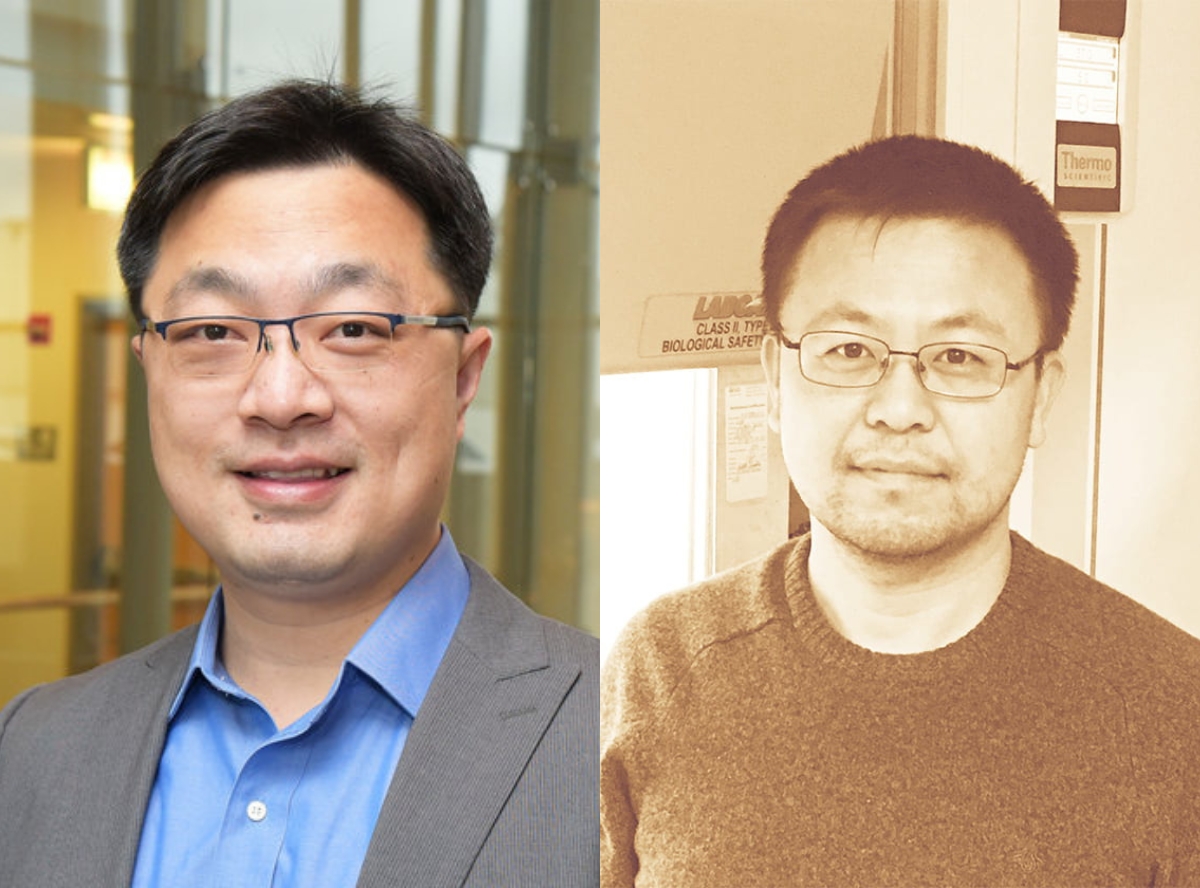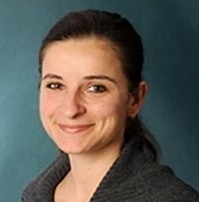Changing Lives Through Groundbreaking Science
Using robust scientific and lay review, in the 2023 cycle, the GI Research Foundation awarded $550,000 to six investigators at the University of Chicago for novel research projects.
2023 Competitive Grant Cycle Awards
Using robust scientific and lay review, in the 2023 cycle, the GI Research Foundation awarded $550,000 to six investigators at the University of Chicago for novel research projects.
The Projects
“Using a combination of scientific and lay review, the GI Research Foundation has awarded $500,000 in grants. We are so proud and privileged to be in partnership with the UChicago Medicine’s Digestive Diseases Center. Our competitive grant program supports novel research projects led by its investigators. This partnership provides us with extraordinary opportunities to be a first-in funder of groundbreaking ideas and has resulted in millions in funding from the National Institutes of Health. We are excited about the promise of these funded projects.”







